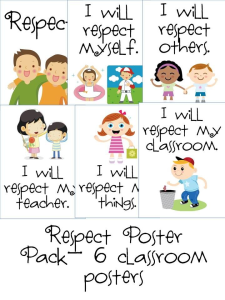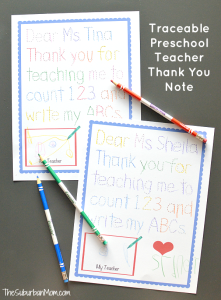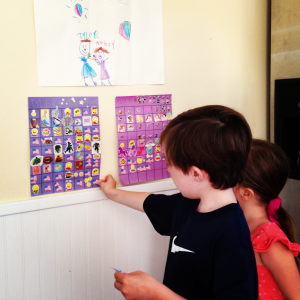Teaching children respect is an important aspect of their early development that can help foster positive relationships with others and promote empathy and kindness.
However, it can be challenging to find age-appropriate and engaging ways to teach respect to young children.
Hence we have compiled most effective teaching respect activities for kids.
Respect Collage:

Encourage preschoolers to cut out pictures from magazines that represent respect, such as a handshake, a smile, or a hug. They can then paste these pictures onto a poster board to create a respectful collage.
Related: 50 Amazing Respect Quotes for Kids
Respectful Manners:

Teach preschoolers polite and respectful manners, such as saying “please” and “thank you” when making requests or receiving something from someone.
Related: 20 Easy Stem Activities With Paper
Role-Playing:

Have preschoolers act out different scenarios where they can show respect, such as saying “excuse me” when interrupting someone or helping a friend who is struggling with a task.
Story Time:

Read stories about respect and have preschoolers discuss the lessons they learned from the stories.
Feelings Game:

Teach preschoolers to respect other people’s feelings by playing a game where they have to identify different emotions and talk about how they would feel if they were in that situation.
Related: 20 Preschool Activities About Feelings
Empathy Art:

Encourage preschoolers to draw pictures of different people and talk about how they might be feeling in the picture.
Kindness Chain:

Create a paper chain where preschoolers can add a link every time they show kindness or respect to someone.
Related: 20 Kindness Activities for Kindergarten & Elementary Students
Respectful Songs:

Sing songs that promote respect and kindness, such as “You’ve Got a Friend in Me” or “What a Wonderful World”.
Gratitude Jar:

Have preschoolers write down things they are thankful for and put them in a jar. Encourage them to show respect and appreciation for the people and things they are thankful for.
Thank You Notes:

Teach preschoolers to write thank you notes to people who have done something nice for them.
Related: 23 Creative Middle School Teacher Appreciation Ideas
Respectful Role Models:

Discuss famous people who have shown respect and kindness, such as Mahatma Gandhi, Martin Luther King Jr., or Mother Teresa.
Manners Relay Race:

Set up an obstacle course where preschoolers have to perform different manners tasks, such as saying “please” and “thank you” or opening the door for someone.
Respectful Books:

Read books about respect and discuss the actions and behaviors that show respect.
Appreciation Tree:

Create a tree on the wall and have preschoolers add leaves to the tree every time they show appreciation for someone or something.
Related: 20 Memorable Teacher Appreciation Week Ideas for Each Day
Role-Modeling:

Be a respectful role model yourself and show preschoolers how to act with kindness and respect towards others.
Respectful Art:

Encourage preschoolers to create art that shows respect, such as a picture of a person helping another person.
Good Deed Chart:

Create a chart where preschoolers can add stickers every time they do something kind or respectful for someone else.
Gratitude Journal:

Have preschoolers write down something they are grateful for every day in a gratitude journal.
Related: 50 Free Writing Prompts for Kindergarten
Respectful Storytelling:



